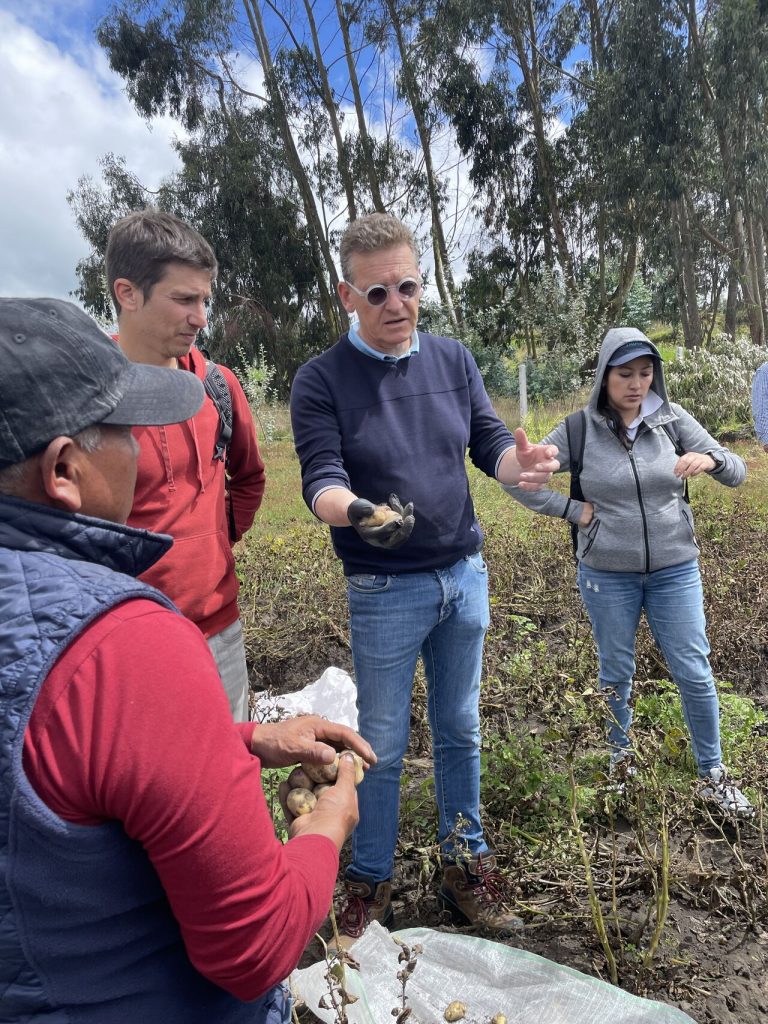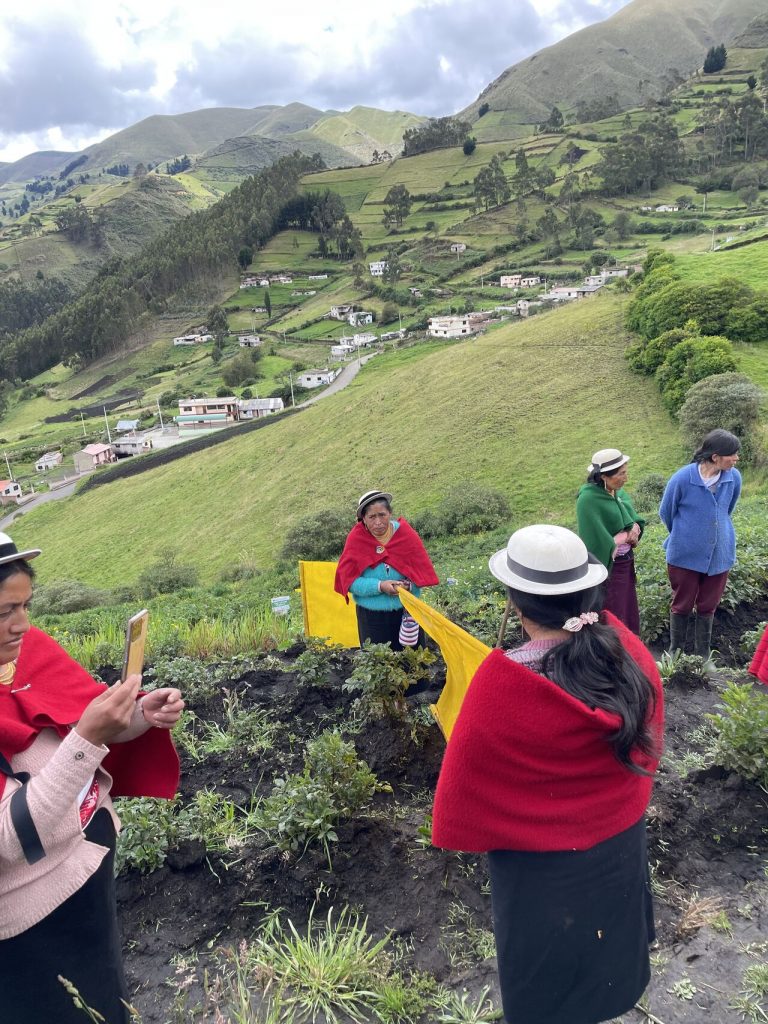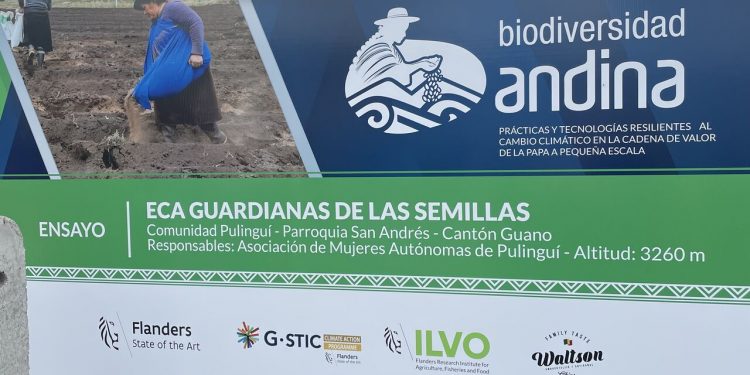Learning from Andean Farmers to Tackle Climate Change in Potato Cultivation
Farmers and agronomists engaged in potato cultivation face a myriad of challenges, with climate change being one of the most pressing. Recently, Joost Debeuckelaere’s experiences in Ecuador and Peru have shed light on how farmers in the Andes are tackling these issues, providing valuable insights that can be applied globally, including in Europe.
Joost Debeuckelaere, in collaboration with Agropapa and Conpapa from Ecuador, and Agropia Perú, has observed firsthand the significant impact climate change has on local agriculture. The warm hospitality of Hector Ballesteros at Trias Sudamerica and the guidance from Tine Vanhee of Trias NGO – Global, alongside the collaboration with Nathalie Bernaert and Tom De Swaef from ILVO (Institute for Agricultural, Fisheries, and Food Research), has enriched this learning journey.
Key Learnings and Collaborative Efforts
The experience in Ecuador and Peru emphasized the importance of understanding local farming challenges and developing sustainable practices to mitigate the adverse effects of climate change. The farmers in the Andes are dealing with shifting weather patterns that affect their crop cycles and yields. These insights are critical as they mirror the experiences of European farmers who have also faced increasingly erratic weather conditions in recent years.

Innovative Approaches in the Andes
Farmers in the Andes have implemented various innovative strategies to adapt to climate change, including:
- Diversified Crop Varieties: By cultivating a range of potato varieties, farmers can better withstand unpredictable weather and pest pressures.
- Improved Water Management: Techniques such as rainwater harvesting and efficient irrigation systems help maximize water use during dry periods.
- Agroecological Practices: Incorporating traditional farming methods with modern sustainable practices ensures soil health and crop resilience.
Global Implications and Future Directions
The collaboration under the G-STIC (Global Sustainable Technology & Innovation Community) project aims to foster global sustainable agricultural practices. The knowledge gained from Andean farmers can be applied to European and other global contexts, where climate change continues to disrupt traditional farming methods.
European farmers can adopt similar strategies, such as diversifying crop varieties and improving water management systems. Sharing knowledge across continents ensures that agricultural communities can collectively develop more robust responses to climate challenges.
Gratitude and Acknowledgments
Joost Debeuckelaere extends heartfelt thanks to the people of Agropapa, Conpapa, and Agropia Perú for their warm welcome and hospitality. Special thanks to Hector Ballesteros, Tine Vanhee, Nathalie Bernaert, and Tom De Swaef for their invaluable support and collaboration.
The efforts and insights gained from this experience are expected to contribute significantly to the G-STIC project, promoting global sustainable technology and innovation in agriculture.








